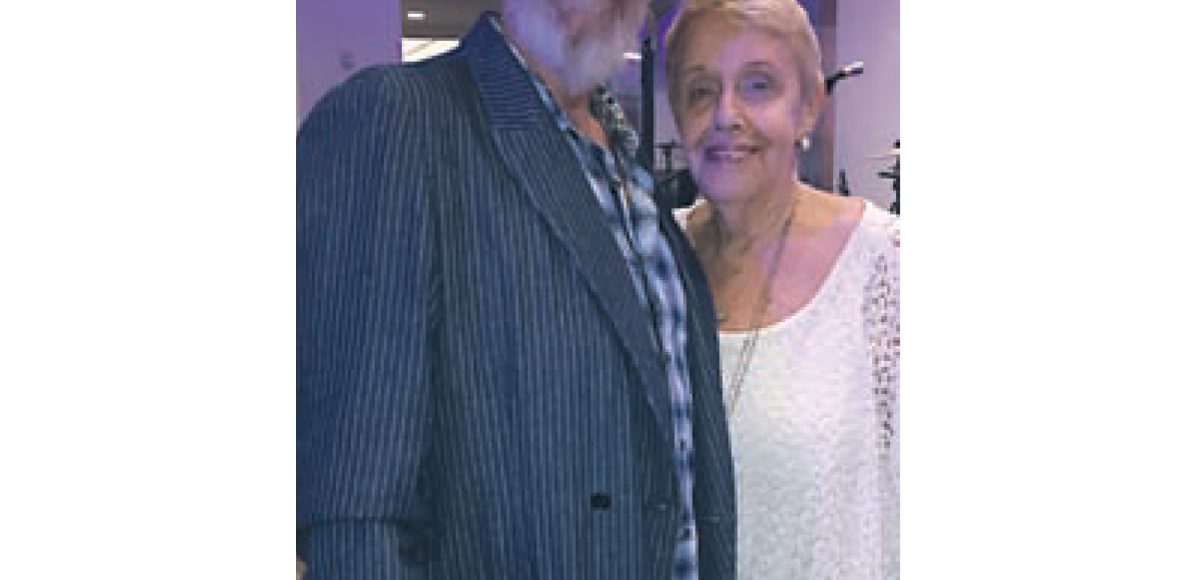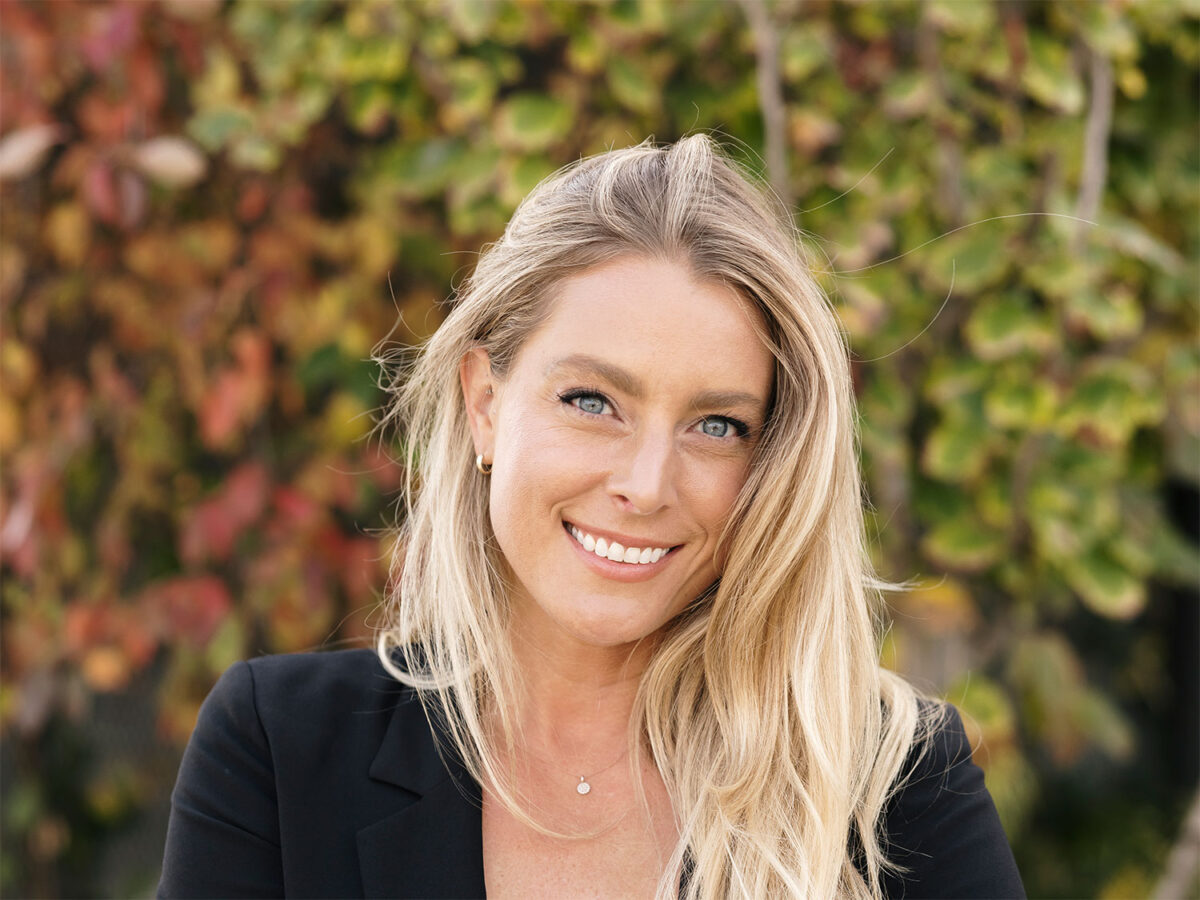The Jewish High Holidays, which began this week with Rosh Hashanah (the Jewish New Year) and will conclude with Yom Kippur (the Day of Atonement) on Wednesday, ask us to take stock of what is going on in our lives and to reflect over this past year. In synagogues and houses of worship, Jews pray together in unison, asking God for forgiveness and collectively repenting for individual wrongs, a testament to the strength of community.
As we age, becoming evermore aware of our own mortality and the importance of living a meaningful life, we witness more of our loved ones slip away to death or to illness. So too, we witness the manifestation or disintegration of our dreams for success, family, happiness and all the secret desires within our hearts. For observant Jews, now is an opportunity to look at ourselves truthfully and choose to enhance what we did well and improve where we were deficient, all the while knowing that change and repentance are possible.
Embedded within the High Holidays and the process of repentance is the core ask to God for tshuva, which literally means “return.” As part of the human condition, we are constantly making mistakes and committing acts of wrong-doing, be they intentional or otherwise. In our darker moments, many of us give into the need to fill our internal vacancies in ways that do little to nourish our soulsfrom addictions to smart phones to overeating to slipping into an opioid addiction.
At Beit T’Shuvah, a residential addiction treatment center that saves lives through a comprehensive program of Jewish spirituality, psychotherapy, and the 12-Steps in a caring, community setting, this holy time of repentance is actually a moment of celebration, according to Rabbi Mark Borovitz.
“We change the whole world when one person changes,” he tells his congregation during the most recent Friday night service where a golden-voiced cantor who once lived at Beit T’Shuvah leads everyone in song. Congregants include “graduates” of the recovery program and their families, those in recovery, and people searching for spirituality. Friday night services can sometimes attract 300 people, all of whom cannot help but leave inspired after being a part of this community of hope.
Founded in 1987 by Harriet Rossetto on Beverly and Alvarado, Beit T’Shuvah began as a transitional home for Jewish inmates. Rossetto met Borovitz a few years after its founding while he was incarcerated at the L.A. County Jail, a transitional stop along his prison sentence for white collar crimes including forgery. She had been working as a “Jewish jail lady,” in her words, for years after having responded to an advertisement for a Jewish social worker who visited Jews in prison before she went on to found Beit T’Shuva. The meeting proved fortuitous for this woman who described herself as a “nice Jewish girl” with a penchant for “bad boys” and today the two count 29 years of marriage.
“I found a bad boy and he became a rabbi,” she explained to the Courier.
“I’m still a hustler, but I hustle for good,” Borovitz added.
Sporting a fedora hat, pinstripe jacket, jeans, a pair of tennis shoes and a dress shirt with colorful cuffs, which he rolls up over the edges of his coat sleeves, his finger nails colored with black nail polish that matches the color painted on his wife’s nails, Borovitz is definitely not your typical rabbi. He is a rabbi that has transformed thousands of lives directly, helping break the cycle of addiction and empowering people along the lifelong process of recovery – all the while presiding over Friday night services with a rock concert flare. (Earlier this year he handed over the reigns and is now delivering his inspiring sermons just once a month.)
“At its core, addiction is a spiritual malady,” he said. “It’s a hiding from oneself.”
“Addiction by definition is the abnegation of choice,” added Rossetto, noting that the key to healing an addiction is connection of community and ensuring that an addict doesn’t substitute one fix (such as drugs) for another (like food).
Since 1999, Beit T’Shuva has been located on Venice, just a few miles south of Beverly Hills. The facility has space for 140 residents, and there is almost always a wait to join the program. Most who join remain from six to nine months, but there are those who stay longer. There is also an alternate sentencing unit where those with addictions can stay and receive treatment in lieu of serving a prison sentence for their crimes, although the waitlist to get in is lengthy.
Rossetto said that five years after leaving Beit T’Shuva about 65 to 75 percent are still addiction free. And roughly 80 percent of the 110-person staff went through the program.
“If you don’t come to visit, you’ll come back to live, and it’s proven true,” she said.
Most people currently in the program are there for opioid and heroin addictions. But the facility accepts everyone who has an addiction of any kind, such as addictions to fentanyl, alcohol, gambling and even video games. Today, Rossetto said, they’re even seeing a whole new group of people which she characterized as “failure to launch,” given that hyper-parenting has made it almost impossible for them to function autonomously in society.
“The population has become much more affluent in the last 15-20 years,” she said.
Broken up into two stages, starting with an intensive six- month primary therapeutic program and then transitioning to an extended care program where participants can slowly step back into society and navigate the work world, Beit T’Shuva offers a wealth of extracurriculars, including meditation, theater and acupuncture, to name a few.
And given that creative individuals are more susceptible to addiction, Beit T’Shuva has created a number of avenues for people in the program to work to their strengths, such as by doing marketing for Cedars- Sinai, Tower Cancer Research Foundation, Stephen Wise Temple and other nonprofits. “The whole mission of Beit T’Shuva is, how do we find our passion and purpose in life?” explains one Beit T’Shuva employee, who first came to treat her own addiction at the age of 18. “Passion and people, that’s the wholeness of Beit T’Shuva. What Beit T’Shuva has is community.”
Since its inception, Rossetto said that the mission of the program has been tied to love, acceptance and belonging, and how that transforms people through an integrated psycho- spiritual approach to healing. At its core, she emphasized, is the importance of community and giving people a sense of belonging. Although most go through the program are Jewish, everyone is welcome.
“We call this the real world and that’s the world of illusion,” she said of the world outside Beit T’Shuva where people must navigate judgment and lies. “The community is the bonding agent.”
And particularly during this time, Borovitz said he was very aware of how meaningful the High Holidays are.
“This is the time of endings and beginning,” he said. “And through repentance, through tsuhva, we can atone. Here at Beit T’Shuva we are engaged in tshuva all year long, so Yom Kippur becomes a day of celebration. What tshuva actually does is it repairs, it changes and it gives you hope.”







